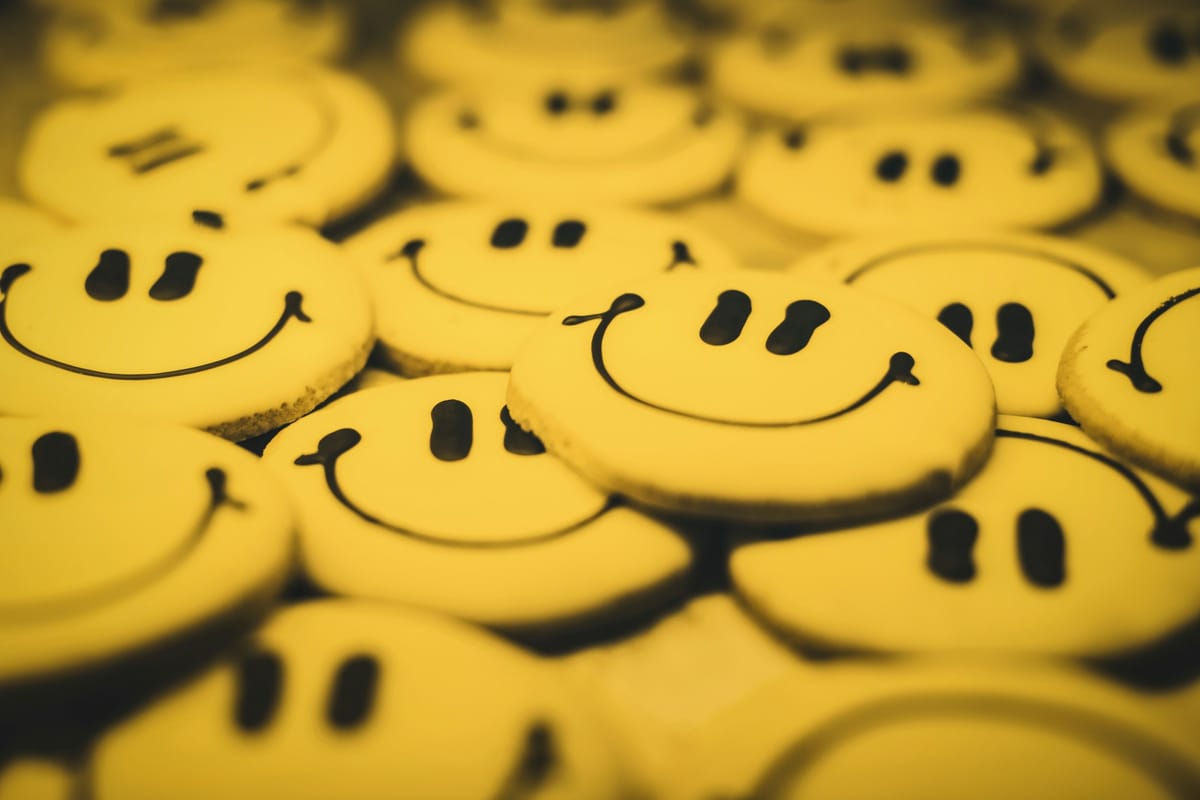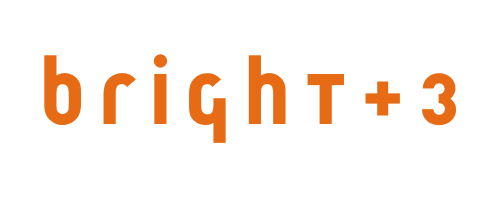Much ado about Harris zooms, community and democracy
How a zoom call for white dudes modeled community building and why it matters for democracy and nonprofits.

How a zoom call for white dudes modeled community building and why it matters for democracy and nonprofits.
Last Monday night I tuned into the White Dudes for Harris event on YouTube. Organizers reported on Friday that it raised almost $4.5 million for the Harris campaign, over 200,000 people tuned in Monday night and another 200,000+ watched it afterwards.
These numbers only surprise me given that organizers only had a few days to put this together. Much has been made of the lineup of speakers. There was, of course, the Dude himself: Jeff Bridges. There were at least three vice presidential candidates (Buttigieg, Pritzker and Walz). Other speakers included actors, political organizers, musicians and more.
This wasn’t really a star-studded lineup of people with movies and albums and merch to pitch this summer.
What struck me - and why I think this is relevant to a space I call “future community” is the emphasis on recognizing community and people’s need to be part of something.
Several speakers spoke of loneliness.
And many talked about how the media, public and Republicans simply assume that men, or at least white men, are part of the Trump/MAGA bloc. The solution is not stepping aside and assuming others will correct the assumption. It's to organize.
Most speakers were simply joining a conversation about how to do that.
I suspect that many, perhaps most, men don’t like much of what they see in Trump/MAGA. They move in that direction because they don’t see hands reaching to them from other places. They don’t like the racism and misogyny of today’s Republican party. But they don't see people like them speaking to why this matters.
The Democratic party long ago gave up on sustainable community organizing. Candidates and campaigns only want your help for 3-6 months every four years. Unions, while seeing a resurgence, no longer play much of a role in community life. The biggest, loudest, best funded nonprofits, at least on the left, are not member or volunteer driven organizations. They are professionally staffed groups who lobby in DC and generally communicate at people, not with them.
People want to be part of something that helps them make sense of their world. A candidate or organization that connects by speaking to their needs will draw people in. Show them how you’re working with others to help meet needs and solve problems and you’ll have a shot at building a lasting relationship.
The White Dudes for Harris event seems like a success, at least based on money raised and participant feedback. Time will tell if it transforms into a network that organizes people, money and relationships.
The long tail, not the one-off action, is where power and sustainability are found. You get there by recognizing and addressing the deeper and often harder to talk about parts of community and individual life.
But community is not what we do (oh...but it is!)
Most organizations will say: this is not what we do / it’s not our mission / it’s not our theory of change / we’re not good at it.
That’s probably true.
And that thinking minimizes possibility, weakens community ties and shortchanges our mission (and our fundraising).
This sort of community building - helping people learn, work and act together - may even save democracy.
Robert Putnam of Bowling Alone fame has been back in the news talking about loneliness, participation and democracy. He connects the dots between connection, trust and democracy.
My work, and this movie, is designed to show you how it is that joining a club — even a trivial pinochle club or whatever — does help democracy. That’s what my work is designed to show. It’s only by connecting with other people that we generalize from our experience. In the running club, you learn that you can trust other people, and learn in a way what you need to do to maintain that trust.
Doing democracy doesn’t just mean...voting or it means organizing. I’m a political scientist, so I’m not opposed to that. I’m just saying, don’t think the way to save democracy is just to set out to save democracy.
No, dear reader, running won't save democracy. But it couldn't hurt.
Looking for some ways to build community participation into your work? Try these ideas:
- Create space for conversations with and among supporters.
- You want supporters talking about you, your issues and your work. Create FAQs, talking points, how-tos, explainers, trainings, mini-courses. There is so much more to content strategy than blog posts, press releases and take action emails.
- Create space for supporters to ask questions about your work and goals, your vision and plans, and their role in it.
- Identify, reward and showcase supporters who engage in positive, pro-social activities for and with the organization.
- Ask people how their lives are affected by the issues you work on and even your work. This should be more than a field on a survey form.
These actions all build loyalty and sustainable support. That's good for the bottom line. This work also supports the kind of community resilience and collaboration that feeds pro-democratic behaviors.
It would, of course, be splendid if foundations and other funders prioritized a community building approach to change.
